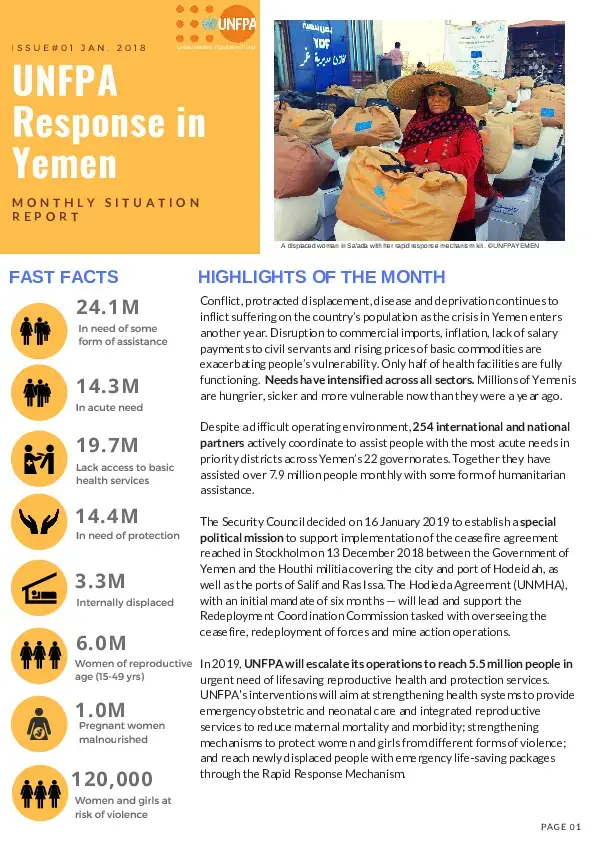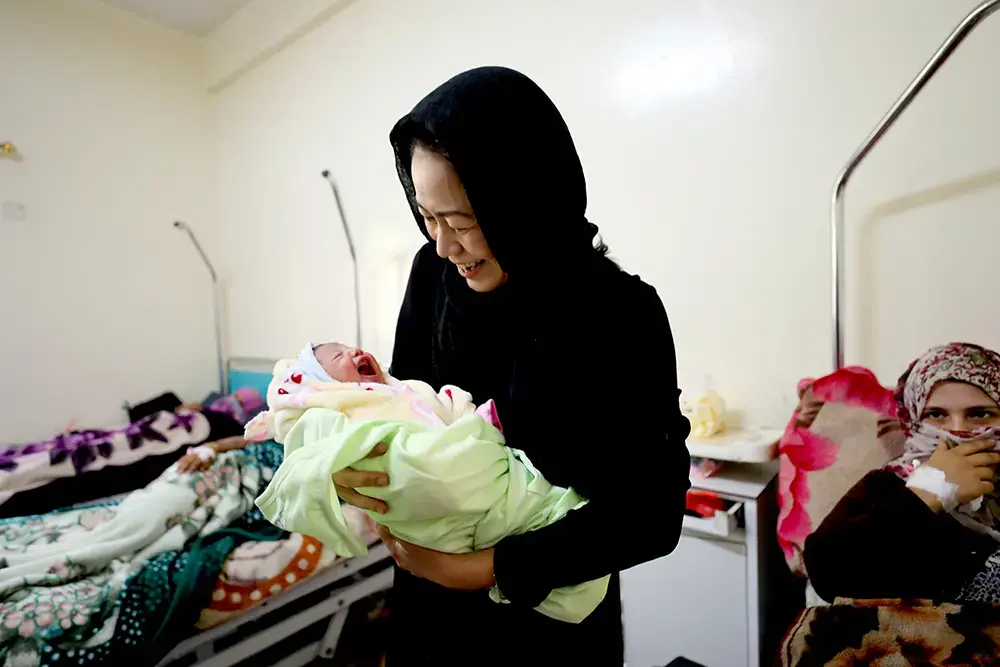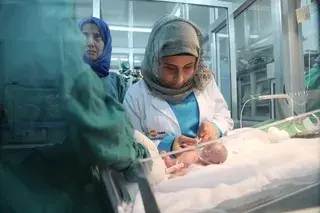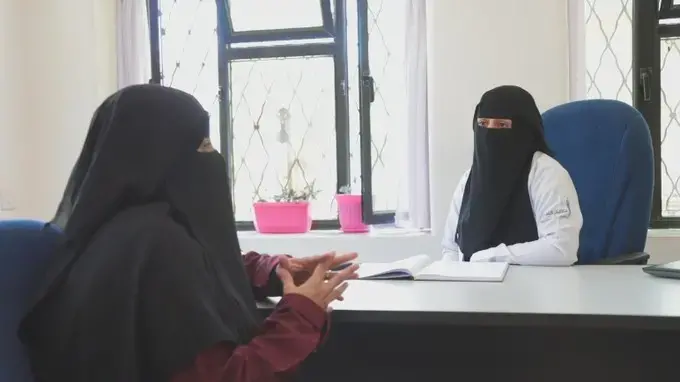Conflict, protracted displacement, disease and deprivation continues to inflict suffering on the country’s population as the crisis in Yemen enters another year. Disruption to commercial imports, inflation, lack of salary payments to civil servants and rising prices of basic commodities are exacerbating people’s vulnerability. Only half of health facilities are fully functioning. Needs have intensified across all sectors. Millions of Yemenis are hungrier, sicker and more vulnerable now than they were a year ago.
Despite a difficult operating environment, 254 international and national partners actively coordinate to assist people with the most acute needs in priority districts across Yemen’s 22 governorates. Together they have assisted over 7.9 million people monthly with some form of humanitarian assistance.
The Security Council decided on 16 January 2019 to establish a special political mission to support implementation of the ceasefire agreement reached in Stockholm on 13 December 2018 between the Government of Yemen and the Houthi militia covering the city and port of Hodeidah, as well as the ports of Salif and Ras Issa. The Hodieda Agreement (UNMHA), with an initial mandate of six months — will lead and support the Redeployment Coordination Commission tasked with overseeing the ceasefire, redeployment of forces and mine action operations.
In 2019, UNFPA will escalate its operations to reach 5.5 million people in urgent need of lifesaving reproductive health and protection services. UNFPA's interventions will aim at strengthening health systems to provide emergency obstetric and neonatal care and integrated reproductive services to reduce maternal mortality and morbidity; strengthening mechanisms to protect women and girls from different forms of violence; and reach newly displaced people with emergency life-saving packages through the Rapid Response Mechanism.





